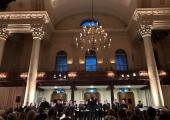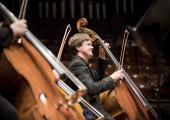Album: Olafur Arnalds and Talos - A Dawning

Shimmery, shiny Icelandic-Irish ambience steeped in beauty
Silken ambience is the name of the game on this set from Icelandic composer-producer Olafur Arnalds and dreampop singer Talos, aka Eoin French, who tragically died in August last year, aged 36. Arnalds completed the album after his death.

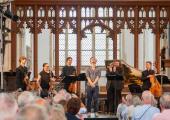



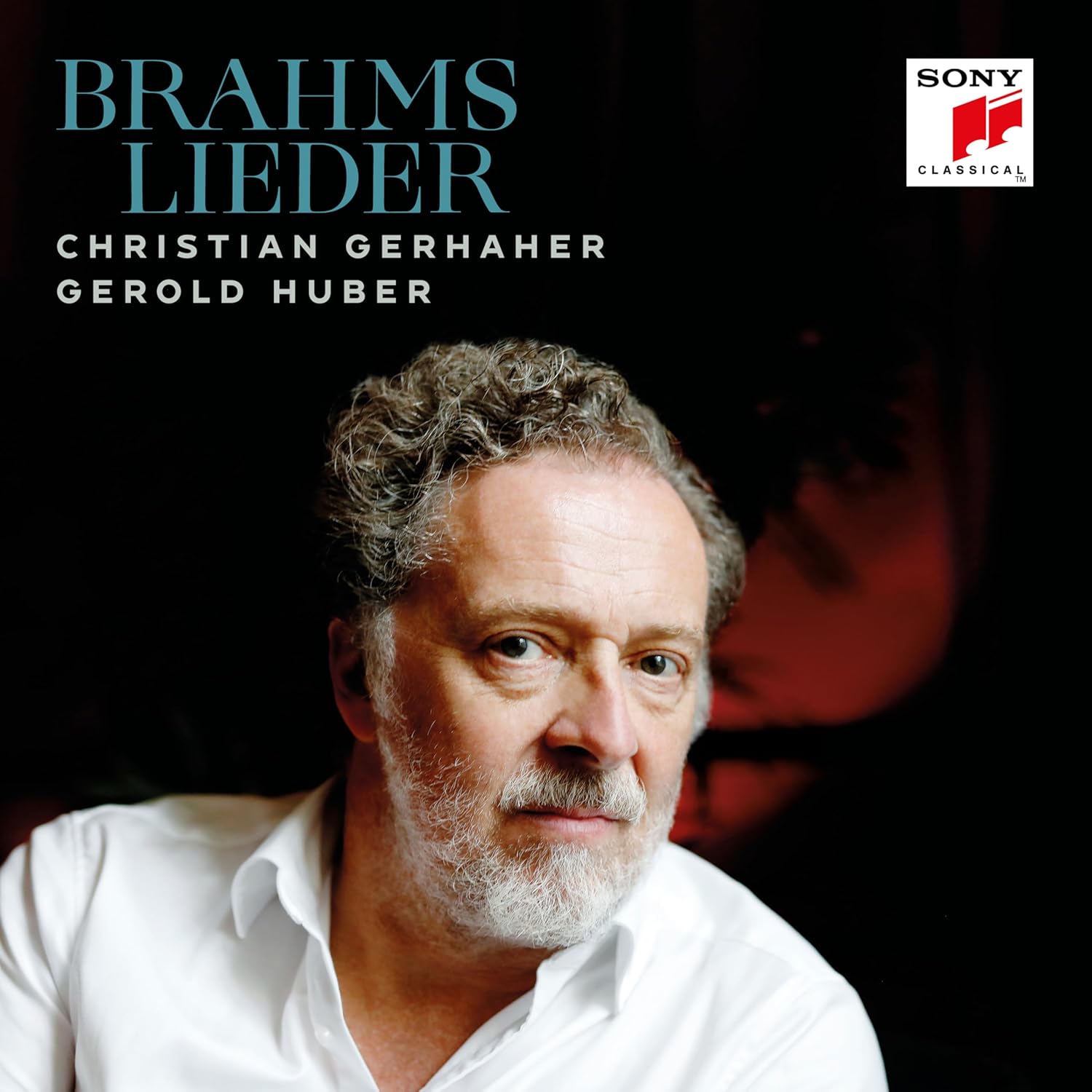 Brahms: Lieder Christian Gerhaher (baritone), Gerold Huber (piano) (Sony)
Brahms: Lieder Christian Gerhaher (baritone), Gerold Huber (piano) (Sony)
 Jürg Frey: Voices EXAUDI Vocal Ensemble/James Weeks (Neu Records)
Jürg Frey: Voices EXAUDI Vocal Ensemble/James Weeks (Neu Records)
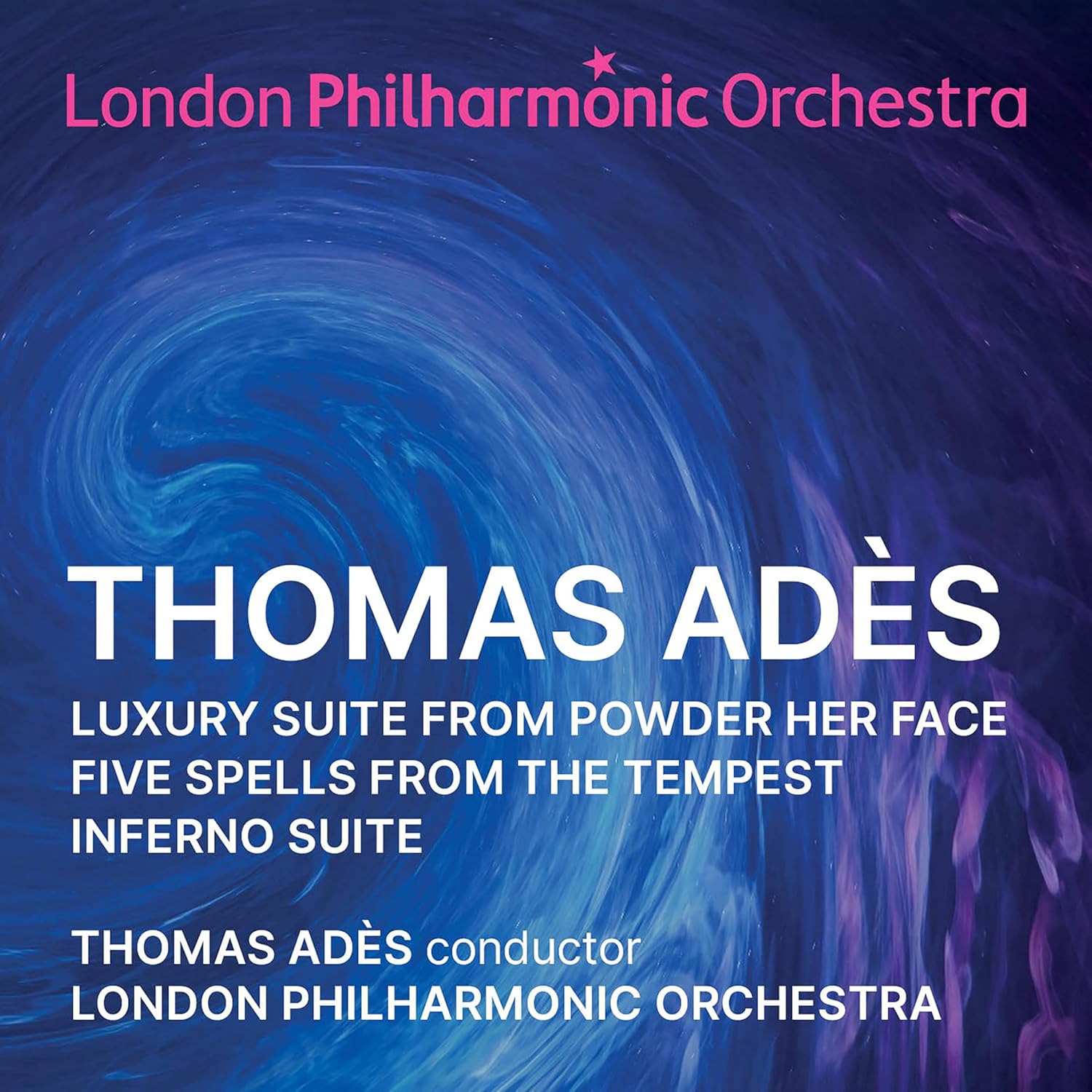 Thomas Adès: Orchestral Suites London Philharmonic Orchestra/Thomas Adès (LPO)
Thomas Adès: Orchestral Suites London Philharmonic Orchestra/Thomas Adès (LPO)